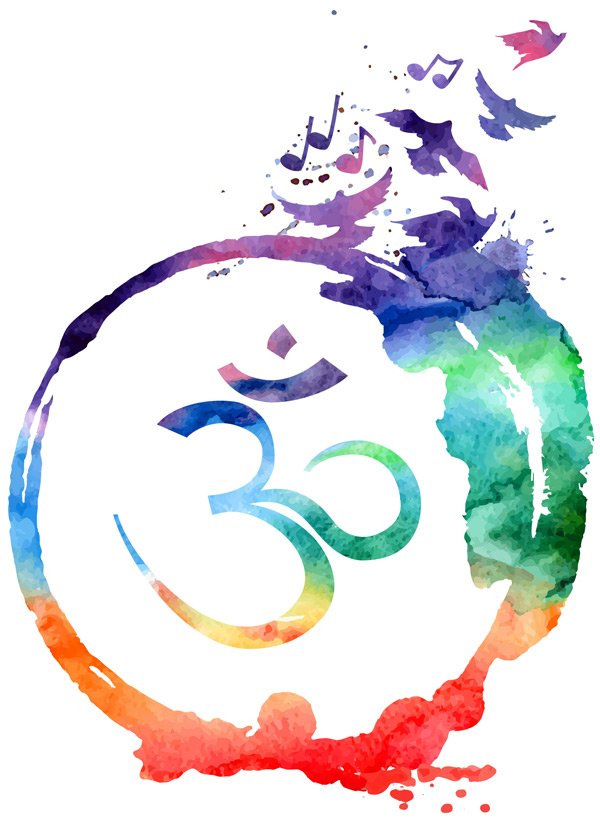Raja Yoga is the pursuit of happiness through the disciplined ability to direct and focus mental activity. This pursuit has great rewards.
3,000 years ago, having largely achieved the basics of clothing, shelter, and food, human beings began asking the higher questions of, “How do I find lasting peace in the face of life’s pains and sorrows?” And, “How do I deal with life’s all-too-often tragic events?”
In Yoga’s long tradition, there are four paths to true inner peace: action, devotion, study, and controlling our minds. Further, there are two basic types of Yoga: Raja, which emphasizes meditation, and Hatha which emphasizes discipline as different means to the same end: peace of mind.
The Yoga Sutras of Patañjali is a 3,000 year-old, 200-line poem codifying the essence of the practice. This historic work is widely recognized as the original and authoritative text on Raja Yoga. This poem serves as an outline for teachers and students of the practice of Yoga everywhere in the world.
Patañjali’s Yoga Sutras is a universal text. If you can read and understand this, then the sutras were intended for you. Raja Yoga is a highly individualized practice. You are the only one who knows what you are thinking.
Patañjali’s Yoga Sutras was compiled in Sanskrit: a rich, ancient, phonetic language whose symbols and words often have multiple meanings. The initial detailed explanation of Patañjali’s Yoga Sutras wasn’t written until 100 years after he died; thus, it isn’t surprising that there are as many interpretations of his original text as there are Yoga teachers and students!
Raja Yoga is a dual practice in self-awareness and self-control. It’s based on Karma and the significance of our own actions due to their perpetual affects; Sankya, which is the distinction between consciousness and thought; and the perpetual energetic nature of all matter.
Yoga, loosely translated, means “union,” in the sense that all things are connected; indeed, the practice promotes inclusion, acceptance (of oneself and others), a sense of belonging, fulfillment, and happiness.
Patañjali’s Yoga Sutras include general advice (never give up; always let things go); advice on attitude (be discerning, determined and devoted); and a set of eight, simple, yet not easy, step-by-step instructions to achieve bliss (essentially: be a good person, learn physical and mental self-control, and meditate).
While Patañjali promises nothing less than total bliss, that state of mind isn’t attained overnight; it’s achieved over time through diligent, constant practice – but have faith, every journey begins with an initial step. Take the first step toward finding your own inner peace today – call for an introduction to the wonderfully rich world of Raja Yoga.





